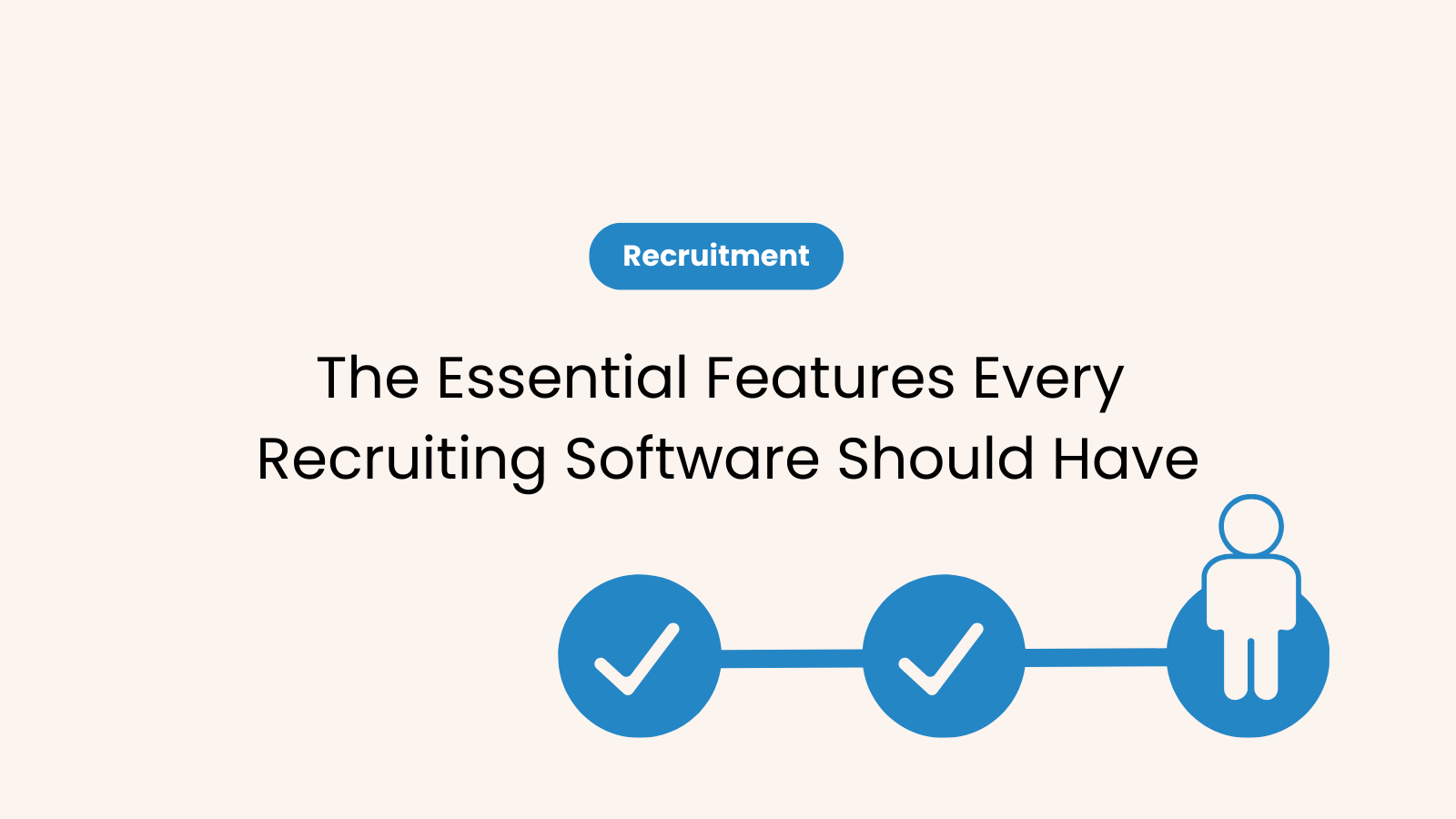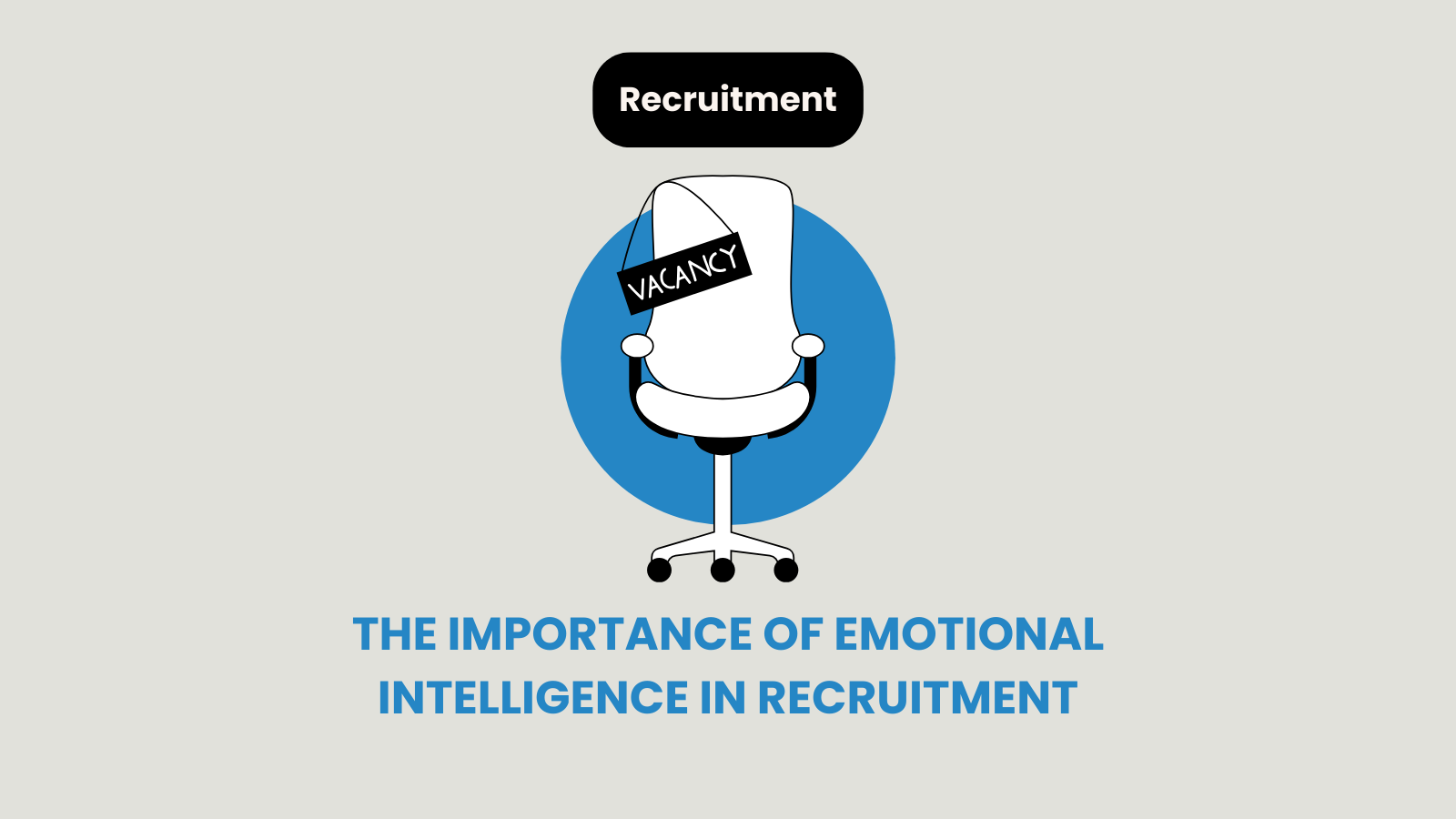The great resignation & rage quitting are a present-day hot topic and a massive concern for many. Whether leaving a job in anger is necessarily a smart choice is debatable. In fact, we’re more inclined to disagree with those who choose to punish the company in such a manner because there’s much more to it. However, sometimes it’s perfectly fine to just walk out. So, once we’re done analyzing the basic terms and the reasons behind a mass resignation, we’ll offer a few simple and clever tips to help angry employees do what’s actually right (and less stressful for both parties). Are you in?
What is meant by the great resignation?
Let’s start with some basic definitions & facts. So, here’s a brief intro to this phenomenon. For starters, do you know who coined the term the Great resignation & what does it mean? According to the sources, Anthony Klotz, a professor of management at Mays Business School of Texas A&M University, came up with this term. He predicted that this movement would take over in May 2021. It refers to a massive number of employees who chose to march out of their jobs over the past year and a half. The situation culminated in the period Klotz forecasted. This somewhat scary and mystified term is also called The Big Quit. Although it’s mostly related to the US workforce, the effect of this trend is more far-reaching. In fact, the whole world is facing it.
A question for the new era: Why is the great resignation happening?
The great resignation (2021) is happening for many reasons. For once, the entire planet has experienced massive shifts. It’s not only about the economy nor the job markets everywhere. All of our lives, daily routines, and habits have undergone some huge changes.
However, some of the great resignation causes that play a key role include burnout and stepping out from the comfort zone for a higher salary.
According to the studies and surveys, most of the “angry quitters” are between the ages of 30 and 45 years. Also, the tech and healthcare industries have faced the biggest churn rates. It’s known that tech firms always struggle to hire experienced developers and other professionals, but now they’re having it harder than ever. Sourcing (only) internally has become nearly hopeless, which is why more and more organizations choose to turn to a reputable recruitment agency.
Lowering the turnover rate should start by assessing (and refining) the pay, shortening the time between promotions, boosting the size of salary raises, monitoring and encouraging better performance, and offering good training opportunities. These aspects were labeled as some of the crucial causes that drove employees to resign. Neglecting them would be shortsighted and a formula for certain failure.
Get ready for some mind-blowing figures: The great resignation statistics
So, are people quitting their jobs more? The short answer is yes. As we’ve seen, 2021 took the prize when it comes to it. Here are some numbers to back this claim up:
- According to Statista, 4.4 million Americans left their jobs in September,
- More than 90% of US retailers can’t find qualified staff to fill their vacancies,
- Over one-half of the entire American labor force plan to leave their current jobs,
- Millennials & Gen Z have the hardest time at work, and many don’t feel engaged or listened to,
- One in three Americans will decline a job offer if the employer doesn’t support remote work as a norm.
These stats don’t appear to be encouraging. And from what we’ve seen, more people will be rage quitting in the months to come.
Unlocking a new term: What does it mean when someone rage quits?
In short, it means leaving a steady job heatedly and maybe unexpectedly. This sort of movement seems to be trending right now. But, the fact is, walking out of a job in anger has been around for a while. It’s an impulse that currently feels more acceptable than it used to (Pop culture, we’re looking at you here). Some people feel like they’re so done with a colleague or a lousy manager. And that gives them strength to just back out.
Being determined to quit without a next job offer in hand is somewhat of a gamble. But it’s not necessarily going to ruin someone’s career, nor will it entirely cripple the company. Nonetheless, it’s best to avoid starting the convo that leads toward an angry resignation. When feeling bitter and annoyed (for quite some time), it’s only wise to dodge any chit-chat before coming up with a closing line that doesn’t involve placing the blame. And, as for the contract terminations that tend to fly off the handle, some bad words are usually implied. Since rage quitting definition usually encompasses severe dissatisfaction, these rapid moves are fueled by hissy fits & unpleasant situations. Channel them by all means and steer clear of further difficulties.
The bond between the great resignation & rage quitting
The tie between these two phenomena is more than evident. And it’s unquestionably very firm. With everything that went on from 2020 until today, it is no wonder that more and more workers are feeling worn out, underpaid, or insufficiently appreciated. Studies show that most cases of rage quitting took place across the US and Europe. Also, the discontent was more visible among the more skilled and educated members of the global workforce. Emotional exhaustion, poor management, and inadequate salaries are the very core of the great resignation. And raging isn’t that surprising. But is it always necessary?

The examples you need to hear: 100% Legit rage quitting stories
Unfortunately, rage quitting a job might be an ultimate mind trip for many. However, it’s not necessarily a good call. Some stories actually showcase that we can have zero regrets after doing it. But those are often some seriously messed-up employers, and certain people were just unfortunate enough to deal with them for some time. On the other hand, there are quite a few examples of those who felt self-reproach afterward. Now, let’s see some situations that gave rage quitting a meaning & made it utterly justified.
Disclaimer: We don’t necessarily recommend hasty resignation; These cases are a whole new level of karma coming back around to bite snotty and/or abusive bosses right on the… employee experience.
Working your derriere off for nickels & dimes
An 18-year-old quit his job in a restaurant because he accidentally found out how underpaid he was. So, after asking for a well-deserved raise, all he got was that discussing salaries was a no-go in their firm. To comply with the “regulations” and get paid adequately, this youngster simply chose to find a better job opportunity. Honest salary negotiation must never be a cause for a massive fuss – and leaving instantly due to disrespect and low pay sounds legit.
Putting yourself at risk for a no-good manager
An HR representative who faced severe harassment and chose to be brave and vocal enough about it. She mentioned receiving complaints from eight people in the support office, which had zero impact on their boss and a few other executives – except lashing out. Long story short, the environment became so toxic that she was experiencing mental health issues and had to take medications to relieve the stress. Luckily, as soon as she left, her emotional balance was naturally restored. Tormenting any member of a team is unacceptable. And no one should put up with it.
Remote jobs gone wrong
The world abruptly switched from on-site to remote work. Now, it’s all moving bit by bit, circling around a way to bring people back into traditional offices. So, the thing is – many are unwilling to go back to the old ways. Tech specialists and all digital nomads were the first ones to raise hell rather than leave their cozy home office and perpetually half-full coffee mug. But some stories are more than that. A woman has rage quit due to a reason we can’t label any other way than just – legit. All of a sudden, her superior decided to bring everyone into the salt mines – no questions asked. Since she had to find someone to help her out with a child she’s bringing up (ASAP) + resolve numerous other daily chores and hardships, she called it quits, and we are urged to say: Good for her!
The official verdict: Is it OK to rage quit?
Based on the stories we just shared – we can say that it can be OK to just pack up your stuff if things get heated enough. But, nevertheless, we’re compelled to advise you to take the high road and try to keep your cool and respect the company’s resignation procedures. Firstly, your salary and benefits might be at stake. Surely, you will land a new career opportunity, and you’ll likely do it pretty quickly. But still, breaking down the door and leaving in Mad-Max-style can do you more harm than good. So brace yourself and take another brief moment to read the tips we’ve prepared to help you out of this jam.
Be calm & clever when quitting: What is the best way to resign?
If you’re daydreaming about rage quitting your job, and slamming the door with your tush, think twice. There are always better alternatives – even if you feel like the employer totally deserved it. For once, do it entirely selfishly. If you can’t find a better reason to stay polite & keep it professional, make it about you. Just like a company striving to build up and preserve its reputation online and in the real world, you must do the same. Watch your back and stay well-behaved. Here’s how:
- Follow the rules and procedures your company is inclined to follow,
- Have a chit-chat with your manager or HR face-to-face and be sure to speak your mind (respectfully),
- Strive to find a silver lining and maintain a positive attitude and tone of voice,
- Wrap up the loose ends and help your colleagues adjust to the change,
- Ask for recommendations (which is something you can do when ending on good terms).
Each employee’s life cycle should end with an exit interview. Even if you feel like holding a grudge or even leaving a negative review (or like – billions of them), give it a once-over. It’s more efficient to offer honest feedback and stay polite. It can help the company solve some of its main issues, and it will secure you a clear, stress-free, and possibly profitable exit strategy.
Simple ways to become Zen enough & do what’s right
Ridiculous demands, unrealistic deadlines, emails that never stop to sound urgent (and are borderline anxiety-inducing) might just be a valid reason to rage-quit. And no one can say otherwise. Still, as we said – there are better ways to handle this kind of agitation. Here are a few tested ways to keep calm and do the right thing:
- Overcome one moment at a time and build up your serenity step by step,
- Envision a brighter future and picture yourself in new job interviews,
- Act rightly instead of ranting and boost your own knowledge, experience, and resume.
Sounds trickier than it actually is. Feeling somewhat pissed off can actually be turned into more productivity – if you channel your energy right and transform negative notions into positive actions.

Bonus tip for employers: How to keep your best employees?
Employee retention was always a big deal. And nowadays, it means more than ever. So, in order to persuade top talents into sticking around (bonus points for spreading the good word and turning more candidates into brand ambassadors), you must do what’s right. And what’s right entails minding the company’s and each employee’s best interest. Now, it is essential to start from the very beginning. These tips will help you build solid bonds and positive experiences from the first encounter on:
- Make sure to improve your recruitment process internally or hire a reputable recruitment agency that will take care of it for you,
- Take good care of the communication and collaboration, and don’t forget to give feedback timely and stay objective while doing it + ask for comments on your work and efforts,
- Offer the right set of benefits that will attract and keep the best candidates, including individual programs, employee development plans, and more,
- Build and boost your company culture and ensure that a working environment is healthy, stimulative, and heterogeneous,
- Promote a flexible schedule, encourage a better work-life balance, and stay open toward remote work even after the world fully recovers.
There are other ways to reach the best talents, entice them, and win them over in the long run. But these simple tips we mentioned are the key to a successful workplace where people feel appreciated, listened to, and motivated to grow, learn, and thrive.
The great resignation & rage quitting will likely stay
The uncertainty on a global level accompanied by some individual (or maybe universal?) struggles like managers who fail to address employees’ recurring concerns don’t seem to just fade away. So the prognosis is a bit bleak. Rage quitting will continue, and the great resignation is yet to peak.




